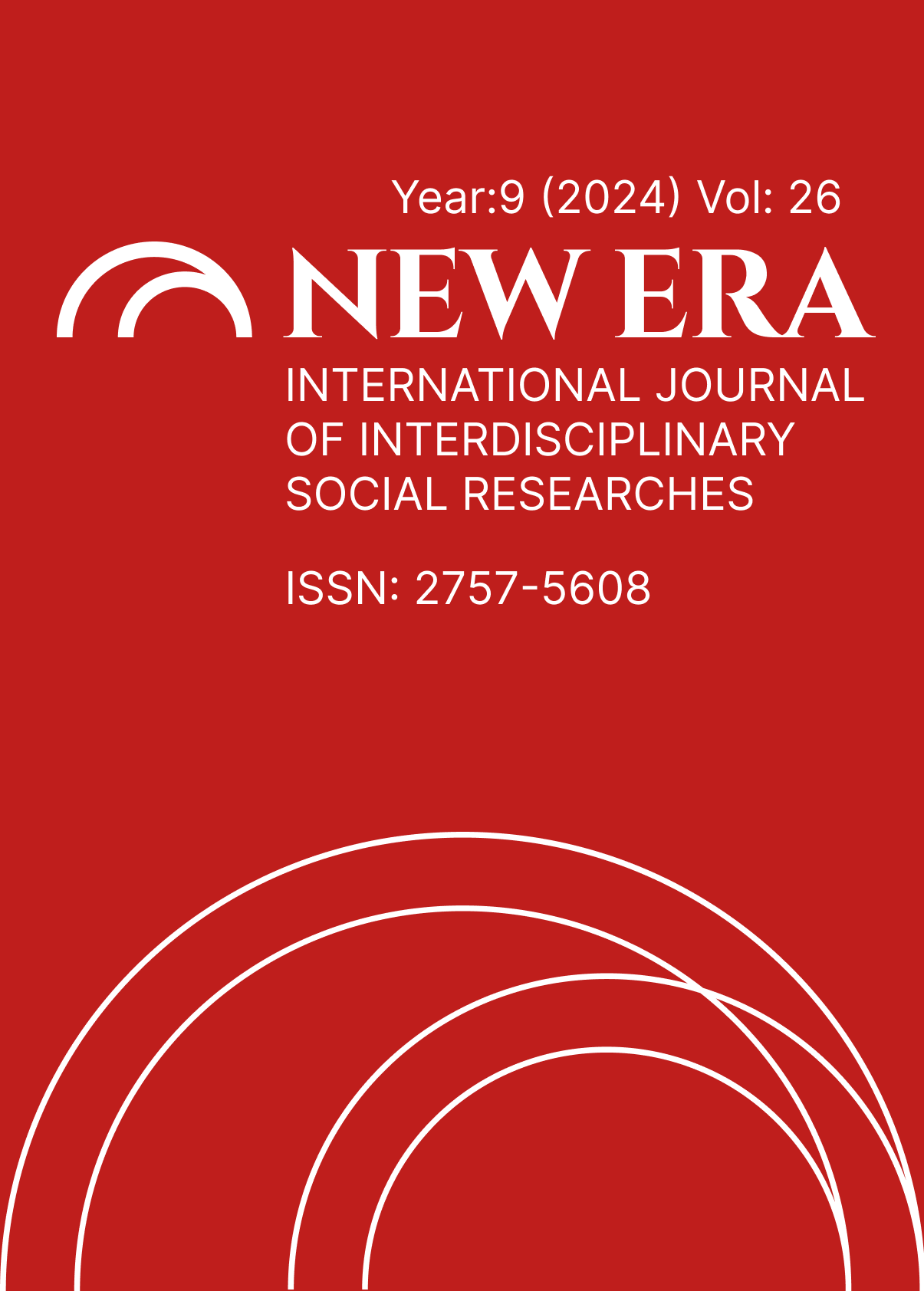ABSURDITY OF WAR IN JOSEPH HELLER’S CATCH 22 AND IN KURT VONNEGUT’S SLAUGHTERHOUSE 5
DOI:
https://doi.org/10.5281/zenodo.14552883Abstract
In ancient wars, people who were not on the front lines were not affected much by the war and they were in a safer environment. However, in the wars of modern times, there is no longer much difference between being a civilian behind the front lines or a soldier fighting at the front because with the modern warfare methods and machines, war and terror are everywhere now. During World War II, thousands of people died because of the atomic bombs dropped on Hiroshima, Nagasaki or the bombing of Dresden. And similar war disasters have happened many times and unfortunately, they still continue to happen. As a result of all, death and pain are increasingly losing their meaning and becoming ordinary. Considering the thousands who died in the wars, there being children and babies among them. This means that birth and death occur almost simultaneously. So, war disrupts the normal flow of events and facts and destroys the concept of time. From this point on life becomes absurd. In this paper, Joseph Heller's Catch 22 and Kurt Vonnegut's Slaughterhouse 5, which are about World War II, will be examined in terms of the absurdity of war and bureaucracy. While Captain Yossarian struggles in the absurd loop of war in Catch 22, Billy Pilgrim's time travels in Slaughterhouse 5 always lead to the traumatic moments he experienced in the war.
Keywords: World War II, Absurdity of war, Military bureaucracy, Catch 22, Slaughterhouse 5.
References
Aykaç, Ö. A. (2019). Sam Shepard'ın Vahşi Batı'sında Modern İnsanın Çelişkileri. The Journal of Academic Social Science Studies, 211-222.
Camus, A. (1979). The Myth of Sisyphus; Translated by Justin O'Brien. Middlesex: Penguin Books.
Cornwell, N. (2006). The absurd in literature. Manchester: Manchester University Press.
Dawes, J. (2002). The language of war : literature and culture in the U.S. from the Civil War through World War II. Cambridge, Massachusetts, and London, England: Harvard University Press.
Heller, J. (2011). Catch 22. New York: Simon & Schuster.
Hochberg, H. (1965). Albert Camus and the Ethic of Absurdity. Chicago Journals, 87-102.
Ionesco, E. (1960). The Avant-Garde Theatre. The Tulane Drama Review, Vol. 5, No. 2 , 44-53.
Lundberg, D. (1984). The American Literature of War: The Civil War, World War I, and World War II. American Quarterly, Vol. 36, No. 3 , 373-388.
Remarque, E. M. (1984). All Quiet on the Western Front; Translated from the German by A. W. WHEEN. New York: Ballantine Books.
Tanrıtanır, B. C. (2016 ). The Use Of Camera-Eye Technique In The Three Soldiers And Manhattan Transfer . The Journal of International Social Research , 376-381.
Tanrıtanır, B. C. (2018). Slaughterhouse-Five : Apathy and Passivity. IV.Uluslararası Kültür Medeniyet Kongresi (pp. 109-114). Mardin: İKSAD - Institution Of Economic Development And Social Researches Publications.
Tanrıtanır, B. C. (2019). A Coward Hero In Stephen Crane's The Red Badge Of Courage (1895). The Journal of Social Sciences Institute, 53-61.
Tanrıtanır, B. C. (2019). Paul Auster ve Arketip Eleştiri. İstanbul: Hiper.
Vohnsen, N. H. (2017). The absurdity of bureaucracy. Manchester: Manchester University Press.
Vonnegut, K. (1970). Slaughterhouse 5. London: Panther Books.
Wegener, A. H. (1967). The Absurd in Modern Literature. Norman, Oklahama: Board of Regents of the University of Oklahoma.
Wells, H. (1896). The Island of Dr. Moreau. New York: Stone&Kimball.
Downloads
Published
How to Cite
Issue
Section
License
Copyright (c) 2024 NEW ERA INTERNATIONAL JOURNAL OF INTERDISCIPLINARY SOCIAL RESEARCHES

This work is licensed under a Creative Commons Attribution-NonCommercial 4.0 International License.


